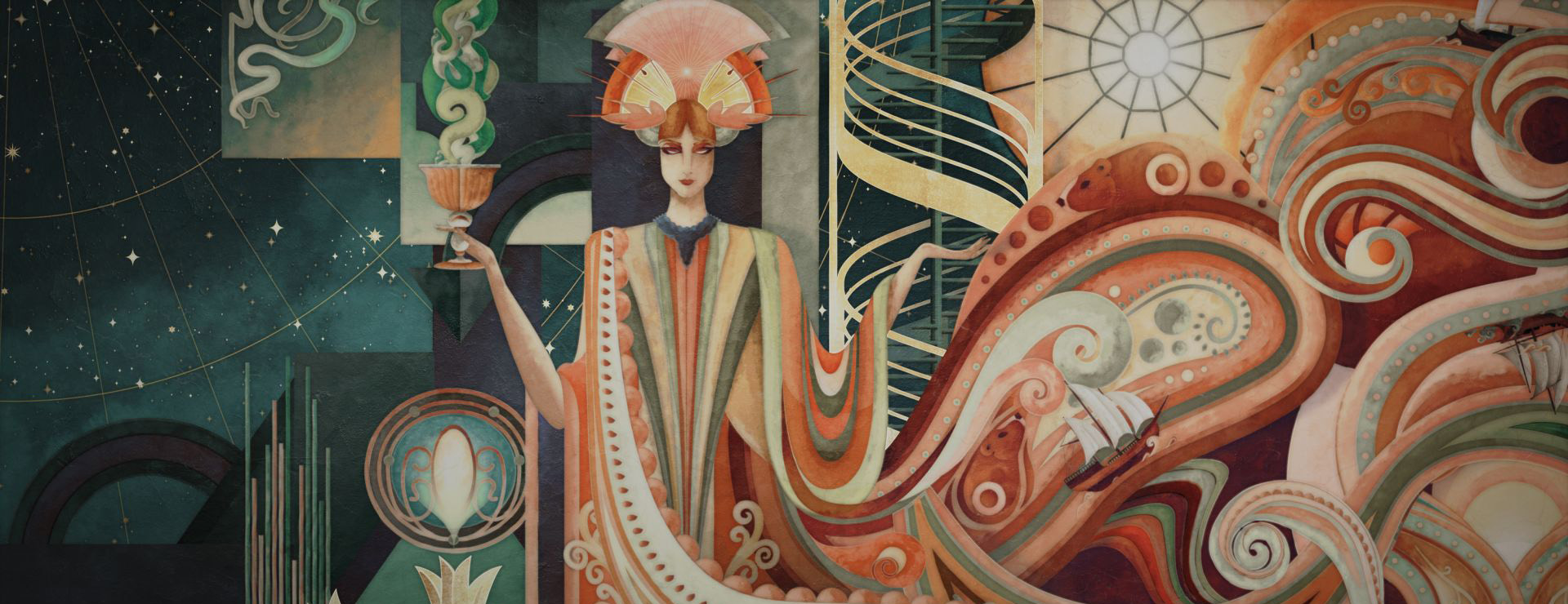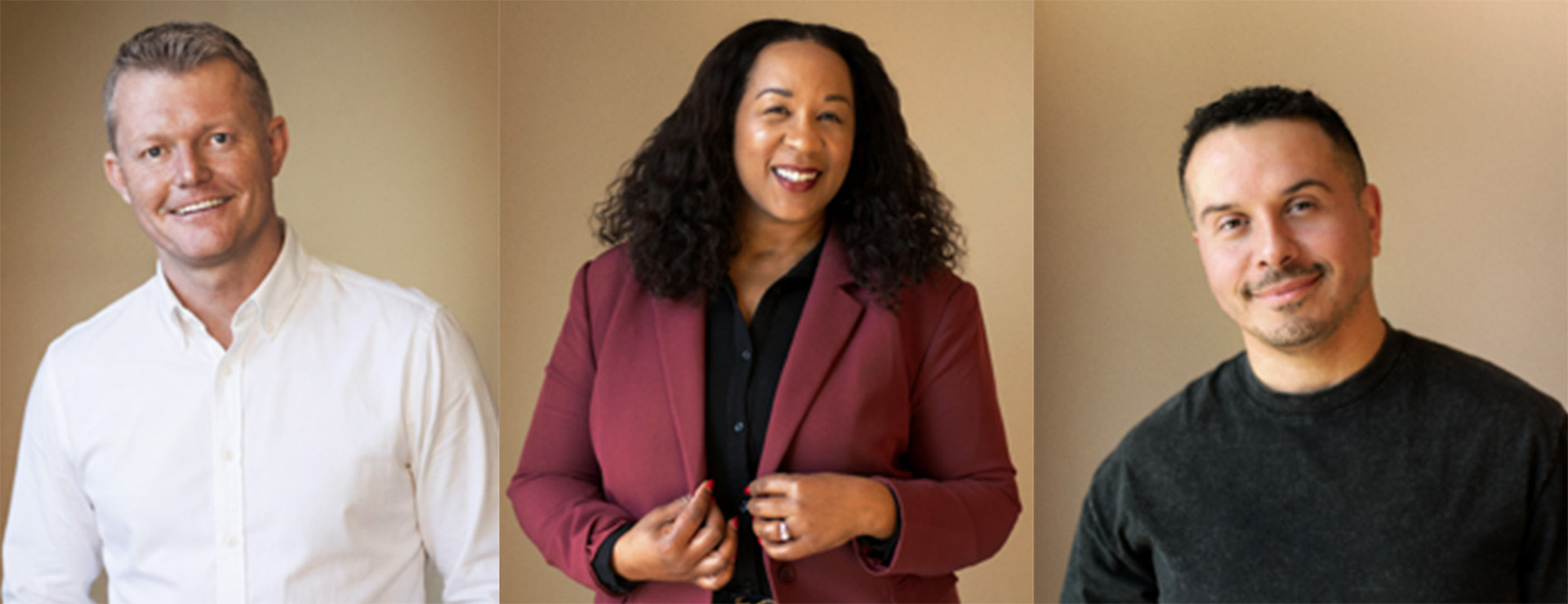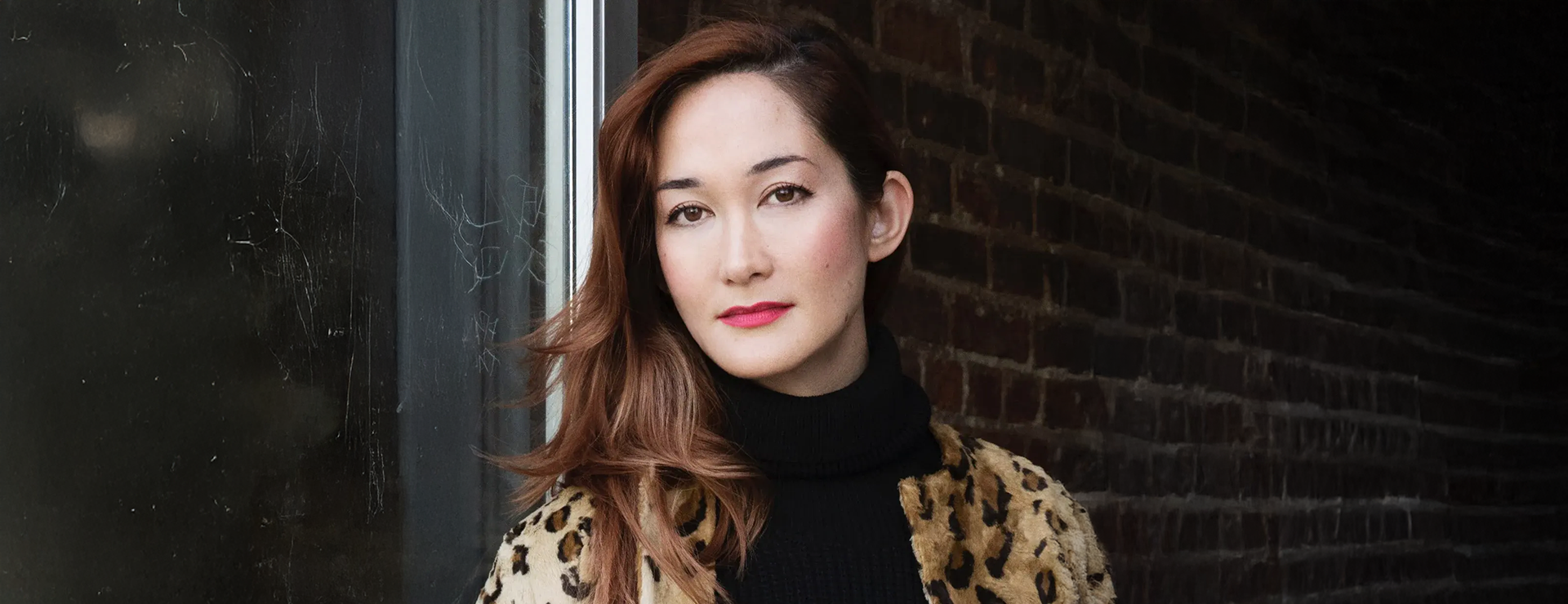Mentorship has always been an important part of Promax. Now, the Global Entertainment Marketing Academy of Arts & Sciences (G.E.M.A.) is taking up that mantle with its new mentorship program, GUIDE, which stands for “growing under inspiration and direction for emerging professionals.”
As G.E.M.A. has been developing GUIDE, which will debut this fall and be free for members in the emerging professionals tier, Michael Engleman, CMO of Paramount Plus Domestic and Showtime and G.E.M.A. board member, has been an enthusiastic supporter. Engleman, who departs that post at the end of the month, spoke with Spotlight about the value of mentorship. Reach out to membership@gema.org for more information about GUIDE.
Q: Why is mentorship so important to you?
A: Building a media career is so complicated that having a relationship with a mentor can be incredibly illuminating as we reflect on how to make decisions, how to grow skills and how to telegraph our own personal brands. All of the things we do to craft a career are challenging to do by just self-reflecting and looking inward. Having a wise and experienced person as a sounding board is really an extraordinarily helpful thing to have in one's life and one's career. I've been really fortunate to have some terrific mentors around me. Anything I can do to help engineer a program or an environment that encourages mentorship is something that I'm excited to sign up for.
Q: Why do you feel it has always been complicated to build a career in media and media marketing?
A: I think building a career and finding one's way in the media landscape has become more complex because technology has changed the types of subject-matter expertise we need as media executives and media marketers. And that has only grown as the universe of players involved – in terms of distributors and content creators – has radically changed and as the types of content change. Everything has changed. It has just created a really compelling and I think very interesting moment, especially to be early in your career. If you can mix the youthful enthusiasm one has at the beginning with the wisdom that one hopefully gains by the latter part of their career, that’s a pretty powerful combination.
Q: Why do you think it's important to build a personal brand? Are there any tips you would give around doing that? And how can a mentor help with that?
A: There's always the substance of what we know, and then there is the appearance of what we know. And the substance is probably the most important. That's what allows us to develop and execute in whatever area in which we work at a very high level. But then being able to communicate what you're trying to accomplish – whether that's through the lens of a specific project, or if that project is you and your career – being able to communicate what you're about is extremely important as you navigate a path within an organization, or as you navigate a path within an industry from organization to organization. Either way, a personal brand is just a shorthand for being able to telegraph a set of capabilities and a point of view and a style that you bring to a project or an organization in whatever area you work. And I do think it's really important. We have a lot of online tools to do that. Some project life cycles are very long but many are very short. Each project life cycle is a chance to achieve success and to telegraph that success to the community of people you work with. There is sometimes a risk of spending too much time on the brand and not enough time on the substance.
Q: That was going to be my question: do you think that people get a little caught up in building their personal brands when sometimes it’s just time to do the work?
A: A lot of marketers are professional talkers. It's part of the job. You do need to set a vision, build confidence in that vision and bring stakeholders aboard. That is an ineffable but important skill that marketers need. But then you also need to understand marketing, technology and media and creative and all of the subject matters that ultimately harmonize to build advertising and marketing campaigns. If you don't have that, then your personal brand, regardless of how sexy the veneer might be, will only hold up for so long.
Q: If you were advising young marketers, what are the skills you would recommend they focus on?
A: I think resiliency and dexterity, which I put under one category, have become incredibly important. As the industry reconstitutes and reimagines itself, being able to be resilient, adjust, account for both success and failure – all of that is really important. I think that understanding the technology through which we communicate with customers is really important. It’s really important to be a product expert. Not everybody is going to be an engineer or is going to work on the product itself, whether that product is a movie or a TV series or a game or whatever. But you really do need to understand what it's about and why it connects with people. I think that being able to simplify complex things and communicate them in a way that's understandable by many different people from many backgrounds is very important.
Q: I think you make an interesting point about needing to understand why the product that you're marketing connects with people. Because I think you can't really create an effective marketing campaign if you don't know how you're connecting. Do you have any thoughts on how people develop that sense? Do you think that can be learned, or do you think that's innate?
A: I think there's a ton of ways to learn. Ultimately, marketing is a very simple formula. You are out to understand your customer and understand your product. The science and art of marketing is connecting the two. That is what we do. There are a ton of tools to understand both our customer and our product, a lot of quantitative and qualitative tools. But I think underpinning all of that is an innate sense of curiosity that we need as creative executives or marketing executives. If you don't have that curiosity, then all of those tools can be as sophisticated as you want, but they're not going to be put to use. So yeah, there's a lot we can do with art and science to understand our products and our customers, and it's incumbent upon us to really become subject-matter experts on both and then make the connections.
Q: What do you think makes a good mentor, and then conversely, what makes a good mentee? What qualities do you need to bring to the table to get the most out of the experience on both sides?
A: Expertise is important in a mentorship, but I think more than that is empathy. And the recognition that while you can pass along wisdom, each of us is experiencing our career in a very individual way, and there is no single path to success. We need to internalize wisdom and expertise as individuals and then apply it in ways that make sense for us and who we are and how we're constituted. I think mentors who recognize that are really valuable.
Q: And then for mentees?
A: I think for them it’s curiosity. There needs to be a willingness to be vulnerable that we don't know everything. I think mentees need to be open to what's possible rather than following some sort of pre-formulated script.
Q: How would you describe your own leadership style as you’ve worked with marketing teams over the years?
A: I think the best leadership starts with clarity of purpose and vision and then communicating that to individual teams and to team members. Then it’s working with those teams and individuals on how they are going to contribute to that large goal, creating accountability along the way and being willing to challenge people to achieve excellence. I think we all wake up in the morning wanting to be successful in our roles, and I think a good leader and a good mentor provides us the tools and fuel to get there.
Q: Why do you think that G.E.M.A., formerly Promax, is the right organization to be offering this type of modern mentorship program as it is described?
A: I think G.E.M.A. is perfect. It's a community of enthusiastic fellow travelers who love advertising and marketing. The organization is perfectly suited to connect people at all stages of their careers. G.E.M.A. provides a platform through which many of us can unlock knowledge, make connections, and develop a network of people from all parts of the marketing landscape.













